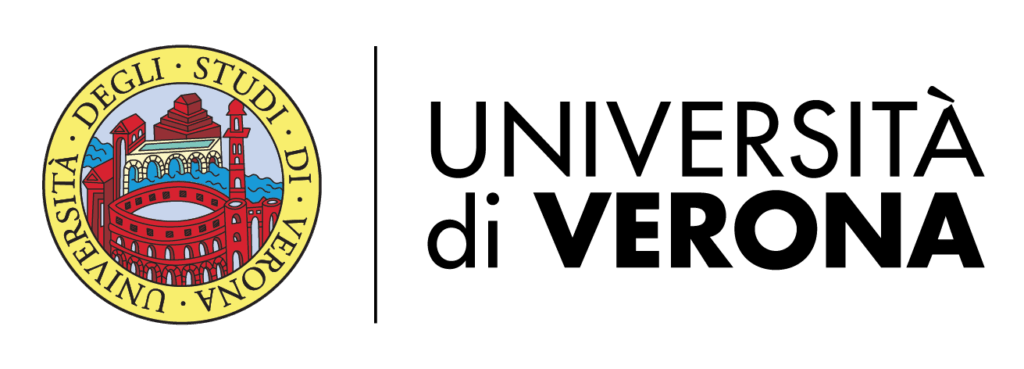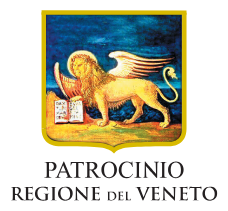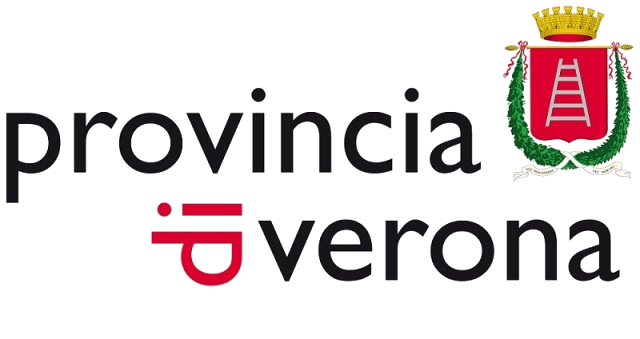THE EVENT
RISONANZE
Why this Conference came about
The idea for the conference came out of the national PROBEN project, promoted by the Italian Ministry of Culture, aimed at fostering community well-being through the arts. At the Conservatorio di Musica of Verona, we feel that there is an urgent need to translate the growing body of scientific evidence in support of Community Music Therapy into real opportunities for encounters between students, researchers, professionals, and the public.
Our ambition is both simple and far-reaching, which is to make music a driving force for public health, social cohesion, and cultural development.
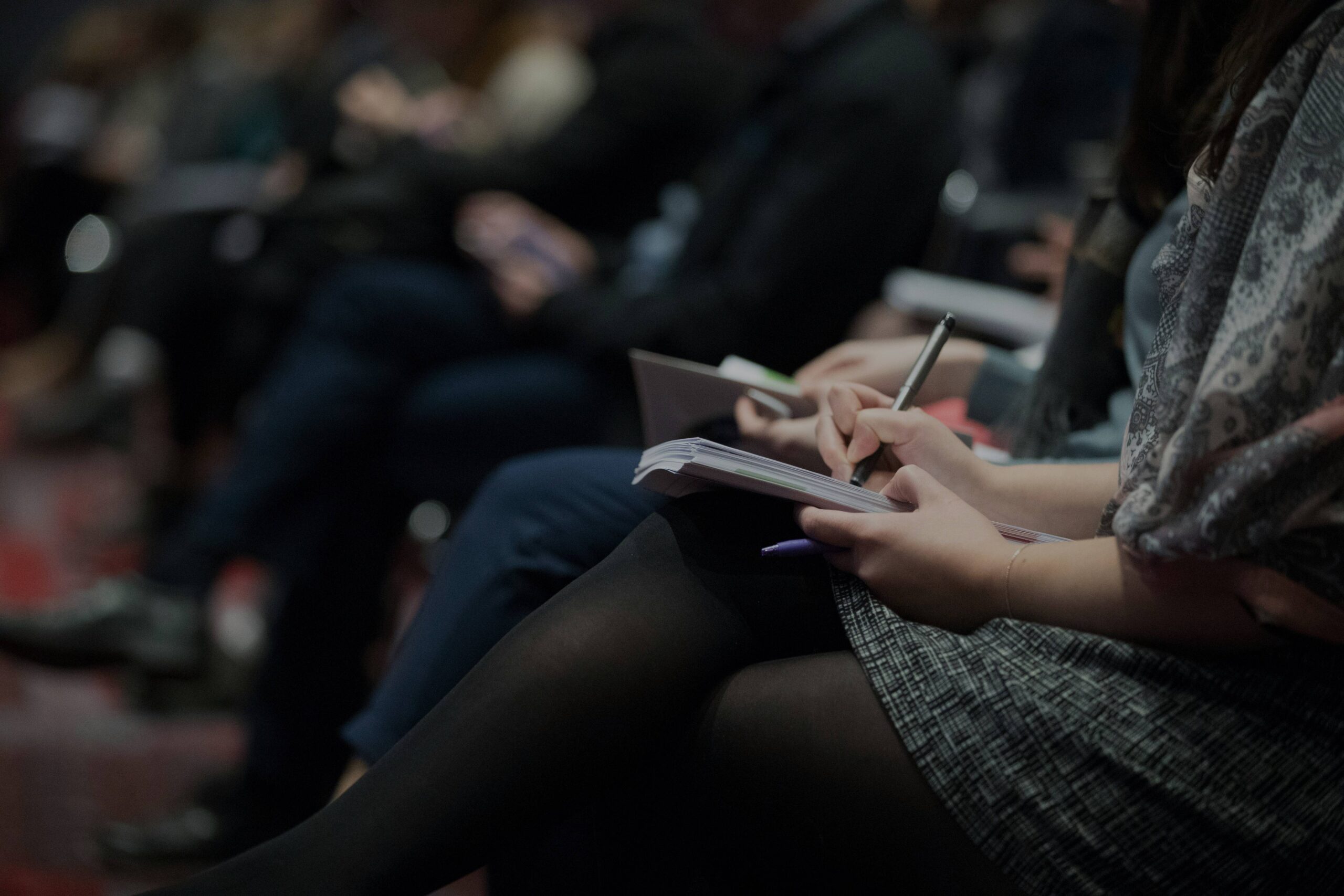
Why take part in the conference
During the two days of the event, participants will meet internationally renowned experts in the field, including Brynjulf Stige, Tia DeNora, Even Ruud, and Gary Ansdell, who are joined by Italian academics and by involvement with participatory artistic experience.
Those attending will be able to actively take part in guided sound sessions, roundtables, and performances that weave together theory, research, and practice. The conference thus offers a unique opportunity for interdisciplinary networking.
Its Significance
“Risonanze” is the first event in Italy to focus on Community Music Therapy as a paradigm for public intervention, highlighting the role it can play to assist with both individual and collective well-being in education and in city life.
The hosting of the event in a renowned theatre in Verona is emblematic in terms of the dialogue between cultural institutions and local communities.
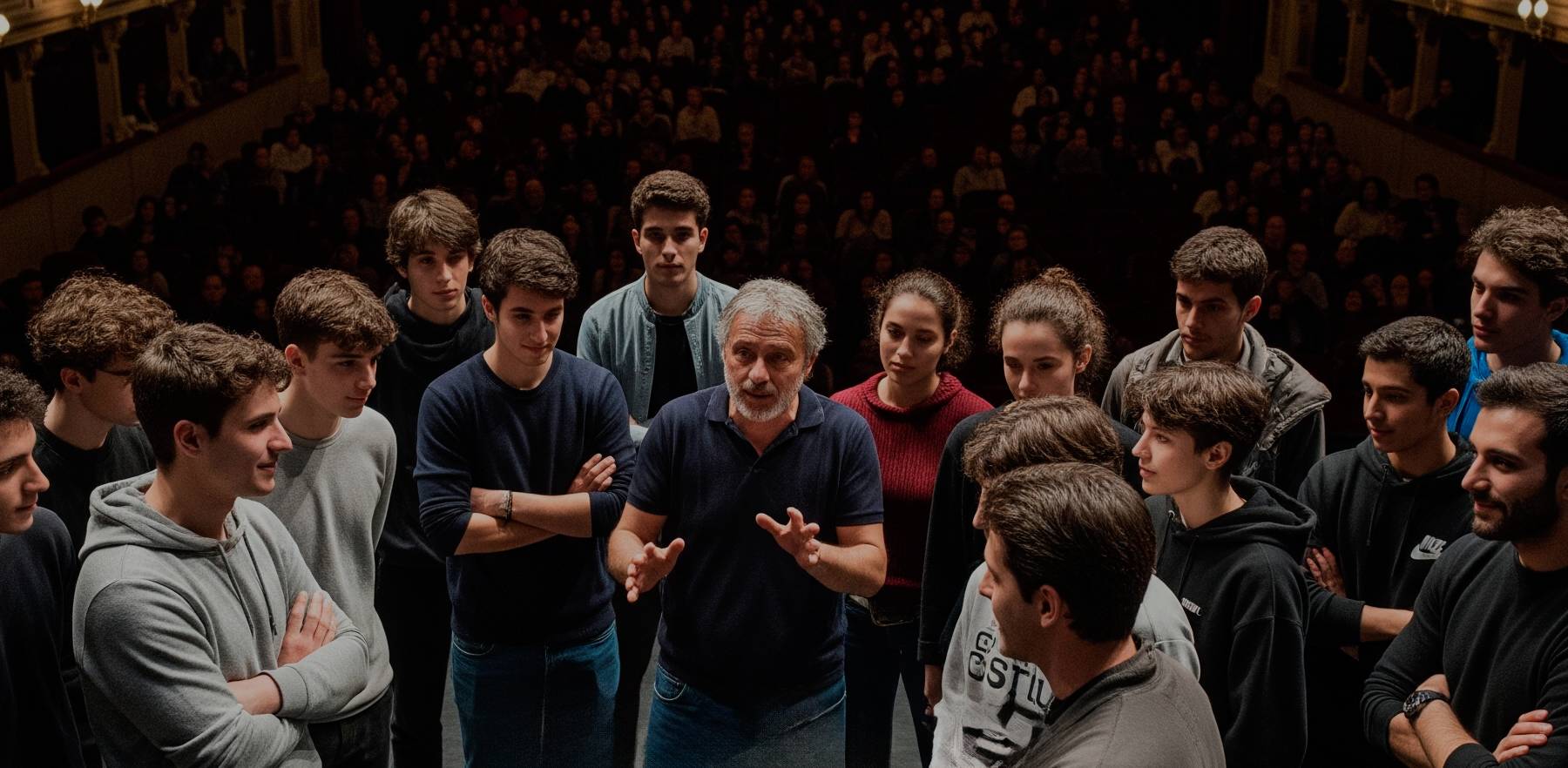
The type of Experience
In addition to the presentations by our speakers, the audience will have the experience of immersive sessions involving vocal and bodily improvisation.
Participants will directly explore how music can become a shared space for listening, play, and transformation.
Reflections to Inspire
The conference aims to spark discussion on the role of music as a “relational good”, as a powerful tool for promoting health, a sense of belonging, and the fostering of active citizenship.
How can educational institutions integrate participatory music practices into their psychological support services?
What cultural and educational policies might emerge from a community-oriented approach to music?
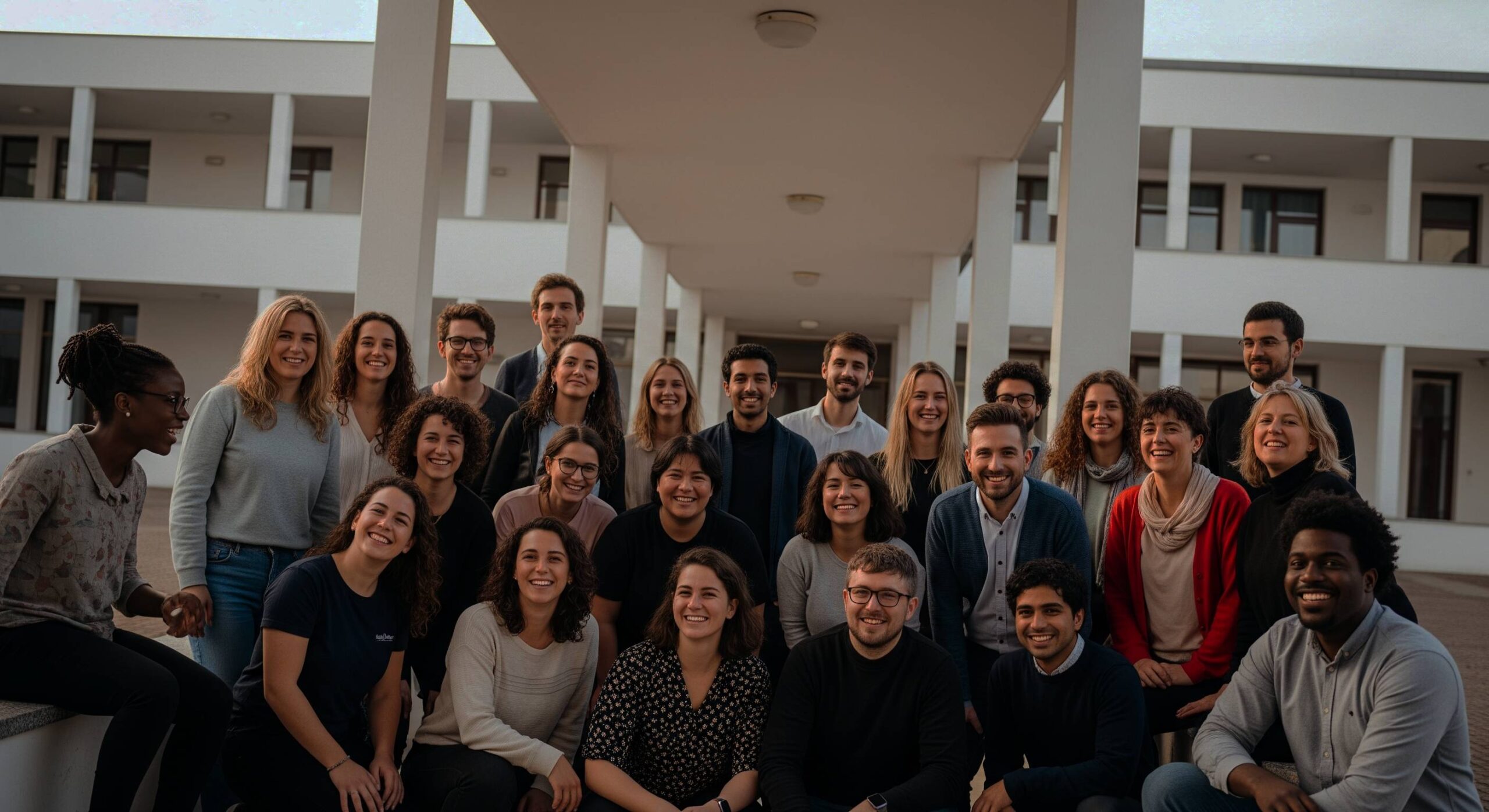
Who It's For
- University and conservatory students interested in the establishment of inclusive well-being initiatives.
- Music therapy students, music therapists, educators, health and social professionals.
- Policy makers, local governments, cultural organizations, and intrigued citizens
Expected Outcome
We hope participants leave with practical ideas, international connections, and a renewed awareness that every community can “sound better” when its voices find spaces for mutual resonance.
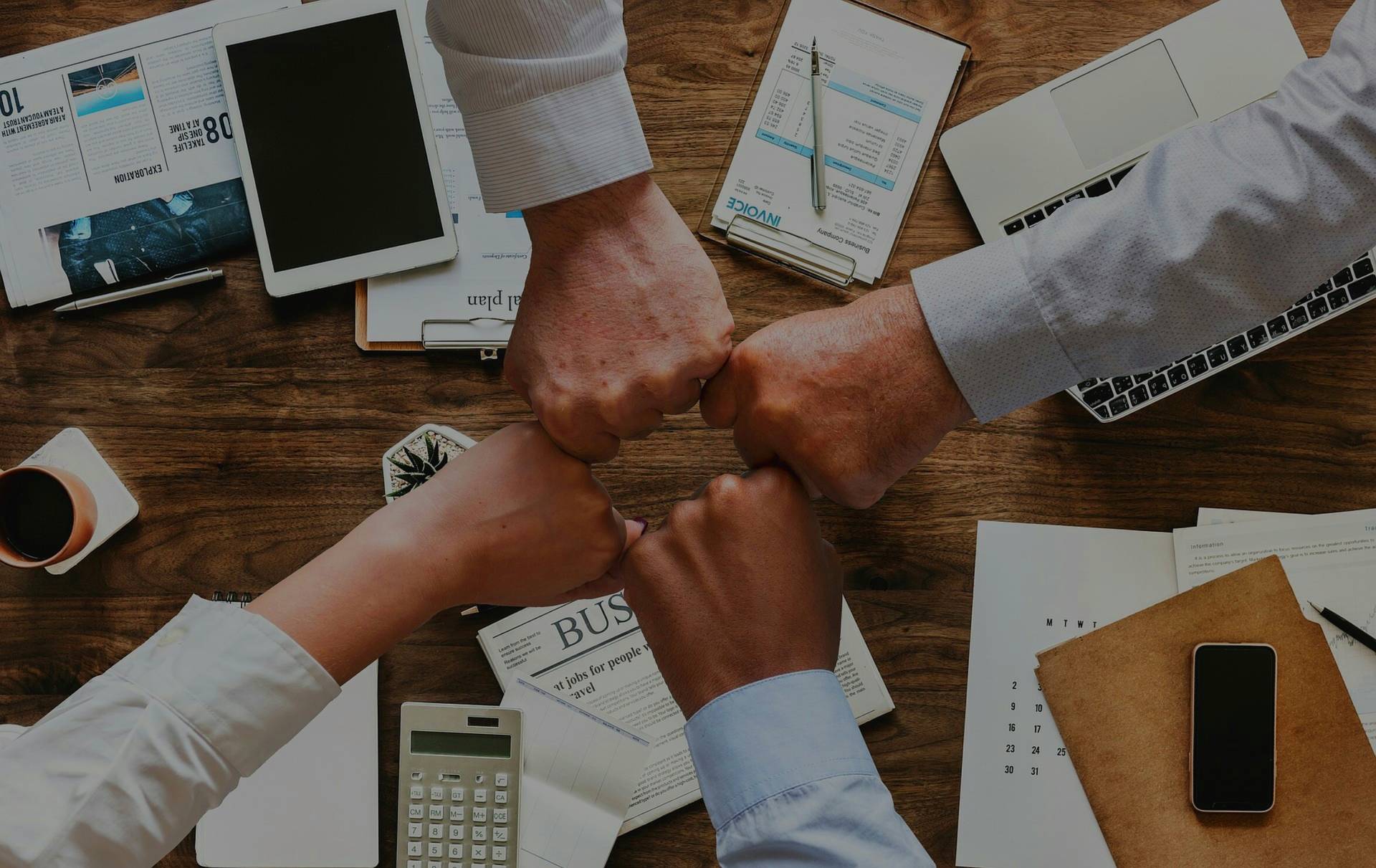
SCIENTIFIC COMMITTEE
- Federico Zandonà
- Daniela Brunelli
- Valentina Moro
- Silvia Maserati
- Enrico Ceccato
- Paolo Alberto Caneva
ORGANIZING COMMITTEE
- Vittoria Passarini
- Laura Gobbi
- Pietro Saporiti
- Sabrina Reale
- Paolo Alberto Caneva


